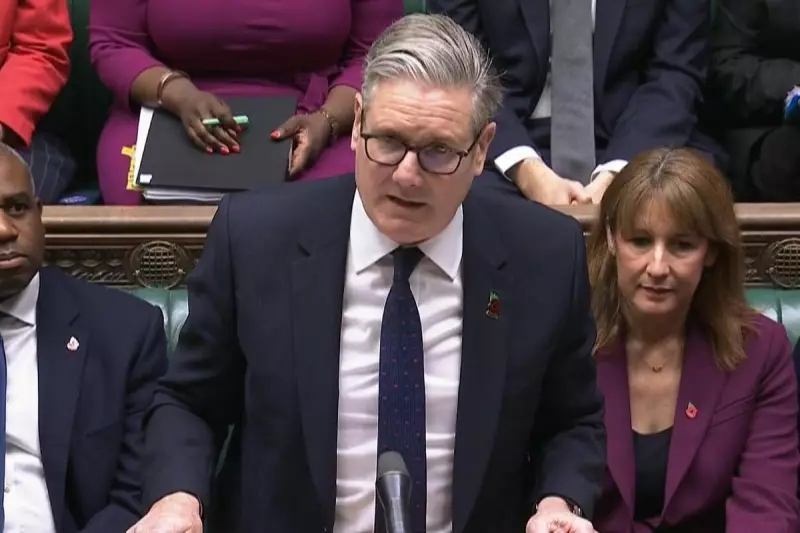
Labour leader Sir Keir Starmer has ignited a political firestorm by publicly rejecting Donald Trump's controversial claims about the Gaza conflict, setting the stage for a potentially explosive diplomatic relationship should both men secure power in their respective countries.
Trump's Provocative Claims Meet Starmer's Firm Rebuttal
In a dramatic escalation of political tensions, the former US President claimed during a recent interview that he had convinced Israel to "stop" its Gaza offensive, a statement Sir Keir immediately dismissed as unfounded. The Labour leader emphasised that there's "no evidence" to support Trump's assertions, highlighting the ongoing nature of military operations in the region.
Political Fallout and Election Implications
This diplomatic spat emerges at a critical juncture, with Starmer positioning Labour for a potential general election victory while Trump campaigns to reclaim the White House. The confrontation signals what could become a deeply strained special relationship between two of the world's most important allies.
Starmer's office confirmed the Labour leader stands by his assessment, despite the potential diplomatic consequences. A spokesperson stated: "We've seen no evidence to support these claims. Our position remains clear and consistent."
Gaza Conflict: The Political Tightrope
The exchange highlights the delicate balancing act Starmer has maintained throughout the Gaza conflict. While supporting Israel's right to self-defence, he has simultaneously called for adherence to international law and expressed grave concerns about the humanitarian situation in Gaza.
This middle-ground approach has drawn criticism from both sides of the political spectrum, with some Labour MPs pushing for a stronger stance against Israeli operations while others maintain unwavering support for Israel's security concerns.
What This Means for UK-US Relations
Political analysts suggest this early confrontation could foreshadow significant challenges in the UK-US relationship if both leaders assume power. The traditional "special relationship" between the two nations might face unprecedented strains given their apparent differences on key international issues.
As the political landscape continues to shift on both sides of the Atlantic, this exchange serves as a stark reminder of how dramatically international alliances could transform in the coming months.





